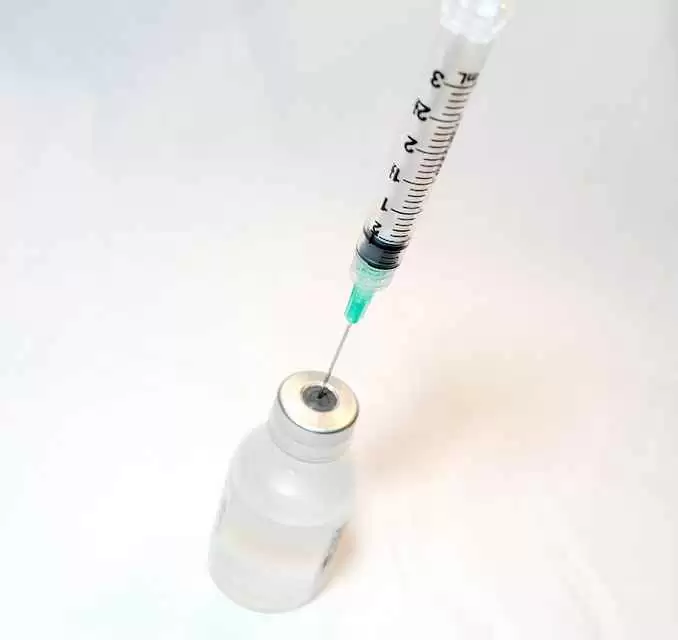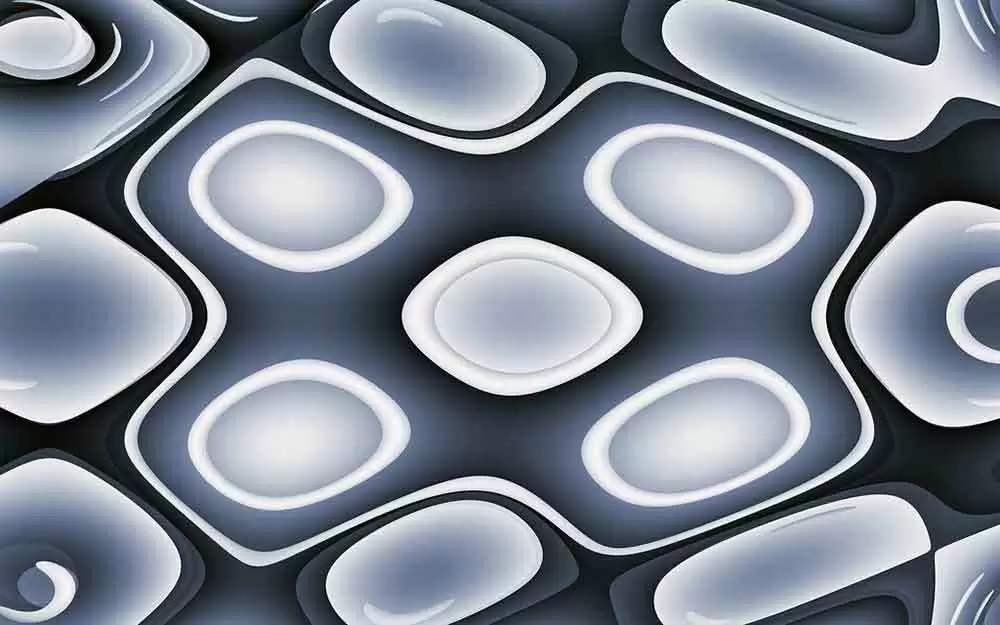
Celiac.com 12/04/2019 - There still is no easy and accurate way to monitor and diagnose celiac disease in patients who've been on a gluten-free diet for a while. Celiac disease patients on a gluten-free diet experience reactions to gluten, but researchers really don't understanding those reactions in any meaningful way. Systemic cytokine release was recently linked to reactivation of gluten immunity in celiac disease.
A team of researchers recently set out to define the nature and time-course of symptoms and interleukin-2 changes specific for celiac disease patients. Their study shows that interleukin-2 assessment could help doctors monitor and diagnose celiac disease in patients already following a gluten-free diet.
Celiac.com Sponsor (A12):
The research team included Jason A. Tye-Din, A. James M. Daveson, Hooi C. E, Gautam Goel, James MacDougall, Sarah Acaster, Kaela E. Goldstein, John L. Dzuris, Kristin M. Neff, Kenneth E. Truitt and Robert P. Anderson. They are variously affiliated with the Immunology Division, Department of Medical Biology, The Walter and Eliza Hall Institute, University of Melbourne, Parkville, Vic., Australia; Department of Gastroenterology, The Royal Melbourne Hospital, Parkville, Vic., Australia; University of Queensland, Brisbane, Qld, Australia; Sir Charles Gairdner Hospital, Perth, WA, Australia; ImmusanT, Inc., Cambridge, MA, USA; Prometrika, LLC, Cambridge, MA, USA; and Acaster Lloyd Consulting Ltd., London, UK.
The team presented a gluten challenge to 25 celiac disease patients following a gluten-free diet, and to 25 healthy control subjects. Each group consumed a standardized 6 gram gluten challenge.
The team compiled a Celiac Disease Patient-Reported Outcome survey and global digestive symptom assessment each hour for up to 6 hours after gluten challenge. They also recorded adverse events over a 48 hour period, and assessed serum interleukin-2 levels at baseline, and at 2, 4 and 6 hours.
Healthy control subjects showed no detectable levels of serum interleukin-2, while 92% of celiac patients showed no detectable levels at baseline, but levels >0.5 pg/ml at 4 hours. Patient-reported outcome severity scores remained steady for all control subjects, while scores for celiac patients rose sharply after gluten in celiac disease patients.
Symptoms of gluten exposure started at the 1 hour mark, and topped out after three hours. Patients with serious reactions typically suffered from nausea and vomiting, while those with milder reactions experienced headache and fatigue.
The highest interleukin-2 levels were associated with more severe symptoms, especially nausea and vomiting. The timing and severity of gluten ingestion symptoms in people with celiac disease are strongly connected to elevated levels of serum interleukin-2.
A gluten food challenge combined with interleukin-2 assessment could be valuable clinical tool for monitoring and diagnosing celiac disease in patients established on a gluten-free diet.






Recommended Comments
There are no comments to display.
Create an account or sign in to comment
You need to be a member in order to leave a comment
Create an account
Sign up for a new account in our community. It's easy!
Register a new accountSign in
Already have an account? Sign in here.
Sign In Now